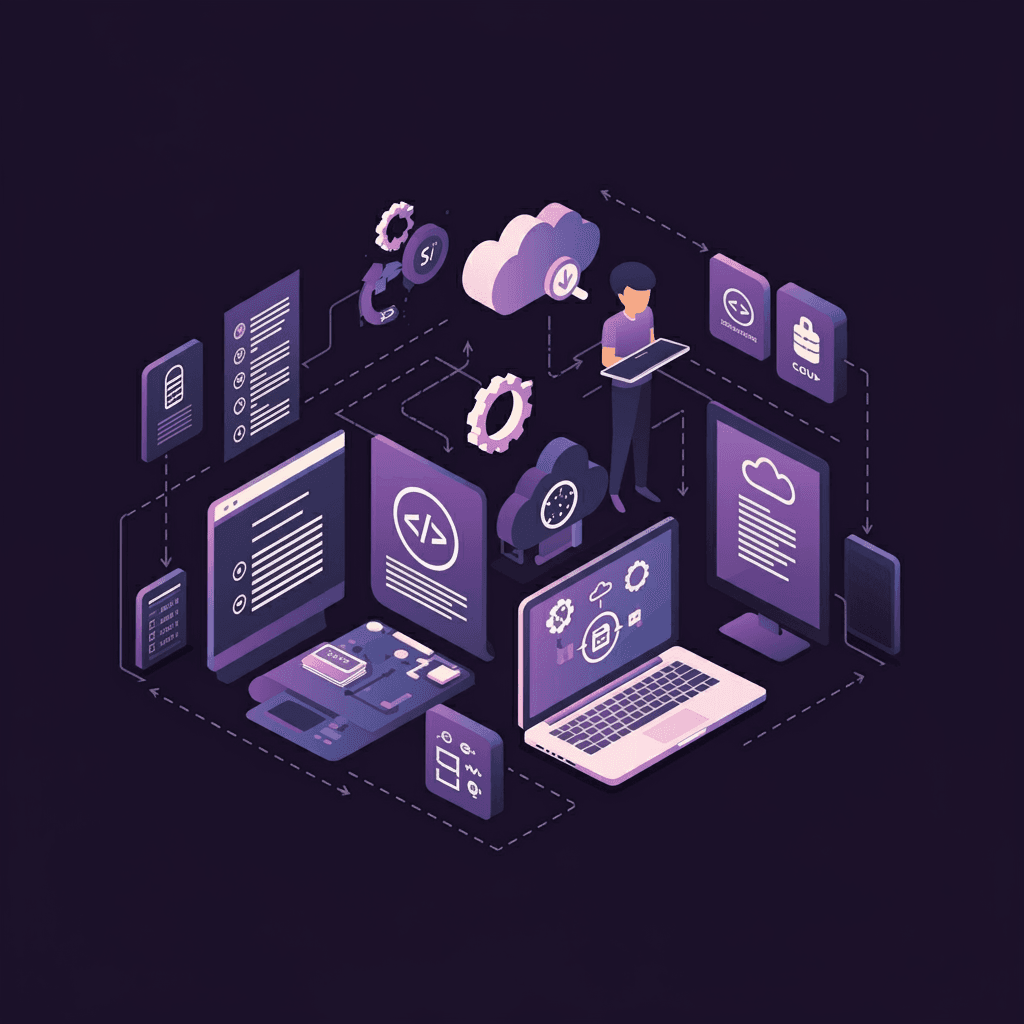Nov 1, 2024
The Future of Mobile App Development: What Startups Need to Know
The mobile app industry is continuously evolving, with trends and technologies reshaping the landscape at a rapid pace. With the global number of smartphone users projected to exceed 7.6 billion by 2027, startups have vast opportunities to create innovative mobile applications. Here’s a deep dive into the key trends shaping the future of mobile app development and considerations for startups aiming to build effective mobile strategies.
Key Trends in Mobile App Development
1. 5G Technology
The rollout of 5G will transform mobile app experiences with its unmatched speed and low latency, particularly enhancing applications that require real-time data, like AR/VR and IoT-enabled apps. With 5G, developers can build responsive applications capable of handling complex tasks seamlessly, leading to greater user engagement.
2. Artificial Intelligence (AI) and Machine Learning (ML)
AI and ML have become integral in providing personalized user experiences, enabling predictive analytics, voice recognition, and content recommendations. Startups can leverage these technologies to automate processes, enhance decision-making, and deliver customized app functionalities that keep users engaged.
3. Cross-Platform Development
With the rising demand for cross-platform apps, frameworks like Flutter, React Native, and Xamarin allow startups to develop for iOS and Android from a single codebase, cutting down costs and time-to-market. This ensures a consistent experience across devices, which is crucial for maximizing reach and engagement.
4. Internet of Things (IoT) Integration
IoT integration allows apps to interact with connected devices, delivering real-time insights and giving users control over various aspects of their environments. Startups in healthcare, smart home tech, and logistics can leverage IoT to boost user engagement and enhance the functionalities of their apps.
5. Augmented Reality (AR) and Virtual Reality (VR)
AR and VR are revolutionizing app experiences, especially in gaming, retail, and education. These immersive technologies can create captivating, interactive experiences, helping startups differentiate their offerings in competitive sectors. Exploring AR/VR capabilities can set startups apart by offering unique ways to engage users.
6. Low-Code/No-Code Development Platforms
Low-code and no-code platforms are making app development accessible to non-technical founders, allowing rapid prototyping and faster iteration. Startups can benefit from these tools to bring concepts to market quickly without heavy developer investments, especially useful in early-stage development.
7. Blockchain Technology
Beyond cryptocurrency, blockchain technology offers secure data management and decentralized transactions, ideal for industries needing robust security like fintech and e-commerce. Startups can integrate blockchain to protect user data, manage digital identities, and enhance app security, adding trust to their product offerings.
Considerations for Startups
When developing a mobile app, startups should consider:
User-Centric Design: Focus on delivering a seamless experience by understanding target users and continuously iterating based on their feedback.
Scalability: Select technologies that can handle a growing user base and ensure your app can scale without compromising performance. Cloud-based solutions often support better scaling.
Cost Efficiency: Balance innovation with budget limitations by choosing cost-effective tools that align with your startup’s needs without overspending.
Security: With heightened data privacy concerns, implementing strong security measures and compliance with industry standards is vital, especially for apps handling sensitive information.
Conclusion
The future of mobile app development is promising yet complex, with advancements in technology and changing user demands driving the industry forward. Startups can stay competitive by embracing key trends like 5G, AI, cross-platform development, IoT integration, AR/VR, low-code platforms, and blockchain security. Staying informed and agile with these trends can lead to enhanced product offerings, creating a solid foundation for growth in an increasingly crowded market.
By adopting these strategies, startups can position themselves at the forefront of mobile app innovation, ready to meet user expectations and capture market opportunities.



